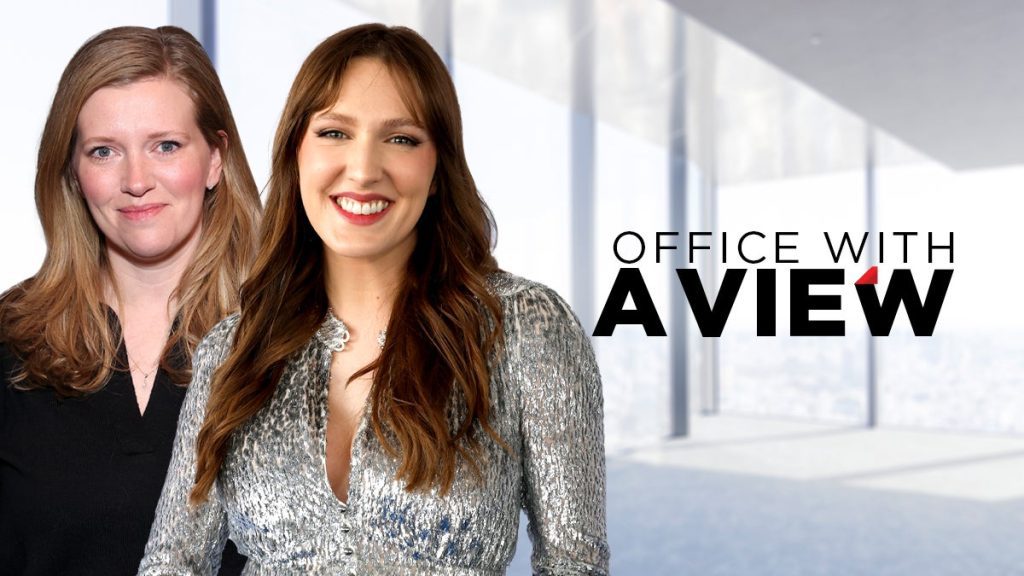Pinky Promise Films founder and CEO Jessamine Burgum and president Kara Durrett don't follow a set formula or expectations when choosing who to work with on their films.
Burgum started the production company during the 2020 COVID pandemic and connected with Durrett while working together as a financier and producer on the well-received indie film “Honk For Jesus. Save Your Soul.” directed by Adamma Ebo and starring Regina Hall and Sterling K. Brown.
Burgum explained to TheWrap that in indie filmmaking, it's important not to get caught up in meeting people's expectations, but rather to create what one truly desires.
She added that trying to please others leads to making something that feels artificial or reflects someone else's vision. They prefer working with filmmakers who have a strong vision and are committed to making what they want to create.
In a joint conversation with TheWrap, the duo shared their experience as an indie production company focusing on bringing stories to life that represent underrepresented voices in entertainment; the challenges they have faced; and their thoughts on the future.
What are some of the major setbacks or challenges you've encountered in independent film today?
Kara Durrett: We released a movie called “The Graduates,” which revolves around gun control, family, and loss. It premiered at Tribeca last year but was difficult for people to watch at that time. We had to consider how it fits in the market and with audiences. It doesn't mean the film isn't good or the filmmakers aren't talented, it's just about timing.
We strategized around the timing and partnerships, collaborating with Chloé Zhao and Meena Harris to align the release with the movie's message. This has been a challenging example for us.
How do you approach promoting projects that align with your brand and feature diverse voices, especially women and non-white creators?
Jessamine Burgum: Ultimately, good quality prevails. It has to be genuinely good. Our focus is on creating something we would want to watch, and then hoping others feel the same way. Promotion and hustle are important, but at the core, it's about making something excellent and having that rewatchable, uplifting quality.
K.D.: It's also about discovering talented individuals who may not have had the opportunity to showcase their creativity. We focus on finding people with exceptional short films or scripts, recognizing their talent, and supporting their storytelling by asking what they want to create and why, and how we can best support them. We always start by asking questions and figuring out how we can be helpful before building a team around the person's needs.
J.B.: We approach everything with curiosity and a deep passion for our work. We strive to strike a balance—creating beautiful films that also reach a wide audience. We work closely with our filmmakers to ensure that even specific projects can have universal appeal. It's important to us to reach a broad audience, even if the stories come from specific experiences.
You are both female executives leading your own production company. How do you perceive the changes in the indie film industry since your establishment in 2020?
K.D.: I believe it's becoming more challenging. In 2020, there was a focus on diversity and female-led programs, but in the past year, there have been budget cuts and layoffs, impacting women, people of color, and those with different perspectives.
It's becoming more difficult. Jessie and I do very little compared to what our team accomplishes; our team consists of six highly intelligent women from diverse backgrounds whom we trust completely. We aim to expand our team and offer more opportunities to smart individuals, regardless of gender, while recognizing the impact of budget cuts around us. This may set us apart as the only creators of this type of content.
Tell me about the 'four Ps' of your company.
J.B.: The goal for Pinky Promise is to be a beacon for creatives who have not always had a chance to shine. We aim to continue attracting these types of individuals. We often discuss the 'four Ps' internally.
The most important aspect is 'progress.' We are a mission-oriented company and aim to create work that highlights the importance of our partnerships. We also strive for 'prestige,' working on projects with a significant creative and cultural impact.
And naturally, we aim to earn a profit so that we can continue this for as long as possible. It's a very important aspect of how we tackle all the projects we're considering.
This interview has been edited and shortened for better understanding.



